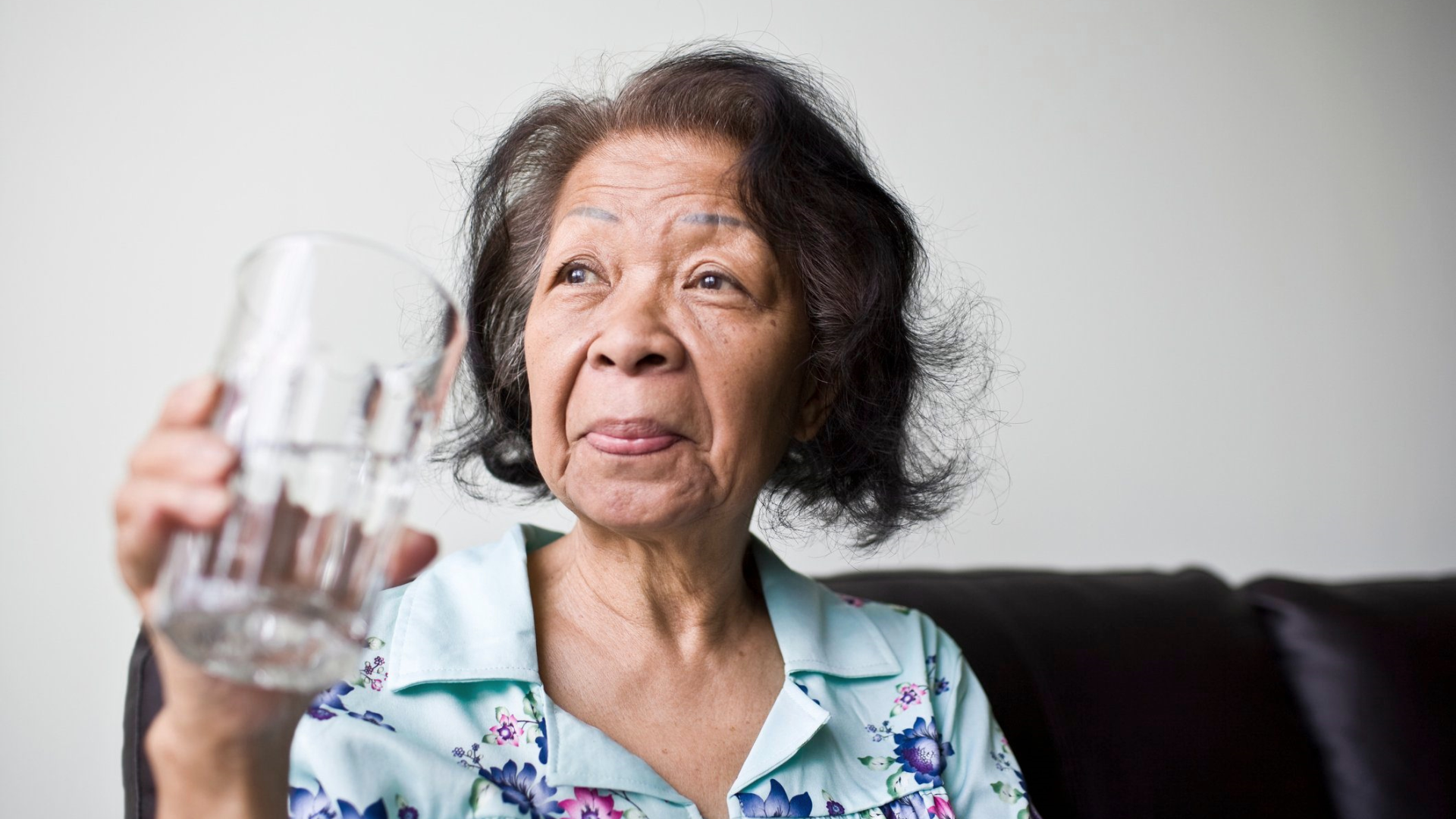Our bodies undergo various changes as we age, including a weaker immune system and reduced bladder capacity. These changes can increase the risk of developing urinary tract infections (UTIs). UTI or Urinary Tract Infection, is an infection that occurs in any part of your urinary system, which includes your bladder, kidneys, ureters, and urethra. It is caused by bacteria that enter the urinary tract leading to inflammation and irritation of the affected area. The infection can cause symptoms such as pain or burning during urination, frequent urination, a strong urge to urinate, cloudy or strong-smelling urine, and pain or pressure in the lower abdomen or back.
UTIs are among the most common infections among the elderly, with women at a higher risk than men. That is why it’s essential to understand the causes, symptoms, and prevention methods of UTIs in the elderly to ensure proper care and treatment.
Causes of UTIs in the Elderly
As we age, our immune system weakens, making us more susceptible to infections like UTIs. Several factors can contribute to the development of UTIs in older adults, including:
- Incomplete bladder emptying
- Weaker immune system
- Catheter use
- Diabetes
- Physical inactivity
Symptoms of UTIs in the Elderly
UTIs can cause various symptoms in older adults, some of which can be mistaken for other health conditions. It’s important to be aware of the following symptoms and seek medical attention if they persist:
- Confusion or delirium
- Loss of appetite
- Fatigue or weakness
- Fever or chills
- Pain or discomfort in the lower abdomen or back
- Foul-smelling or cloudy urine
In some cases, UTIs can also cause symptoms such as hallucinations, unusual changes in behavior, dizziness, restlessness, agitation, and confusion. These symptoms are more common in older adults with dementia and can be mistaken for other health conditions.
Prevention of UTIs in the Elderly
There are several methods to prevent UTIs in the elderly, including:
- Drinking plenty of water: Staying hydrated can help flush out bacteria from the urinary tract.
- Maintaining good hygiene: Proper hygiene, including wiping from front to back and cleaning the genital area thoroughly, can help prevent the spread of bacteria.
- Avoiding irritating products: Certain products, such as scented soaps or feminine hygiene products, can irritate the urinary tract and increase the risk of developing UTIs.
- Urinating frequently: Frequent urination can help prevent the growth of bacteria in the urinary tract.
- Regular medical check-ups: Regular check-ups with a healthcare provider can help identify and treat any underlying medical conditions that may increase the risk of developing UTIs.
It’s also important for caregivers to maintain proper hygiene for their loved ones suffering from UTIs. This includes ensuring they are drinking plenty of water, helping them with personal hygiene, and making sure they are changing their adult diapers regularly.
Treatment of UTIs in the Elderly
If you or a loved one suffers a UTI, it’s important to seek medical attention. Antibiotics are a standard UTI treatment and can effectively treat mild infections in just a few days. If the UTI is more severe, they may be given antibiotics for long-term use. It’s important to follow your physician’s recommendations, which may depend upon your health, age, and other medications used.
Take the First Step Toward Quality Home Care for Your Loved One
One of the many benefits of working with a home care agency like Radiant Health Services is access to nurses available to help answer when you feel like something isn’t right with your loved ones. In addition, our certified caregivers are trained to provide personal care services to minimize the chance of a Urinary Tract Infection.
Contact us today at (240) 673-6377 to learn how Radiant Health Services can assist with preventing UTIs through personal care services and RN supervision. Radiant Health Services is the trusted home care provider in Prince George’s and Charles County, Maryland.
